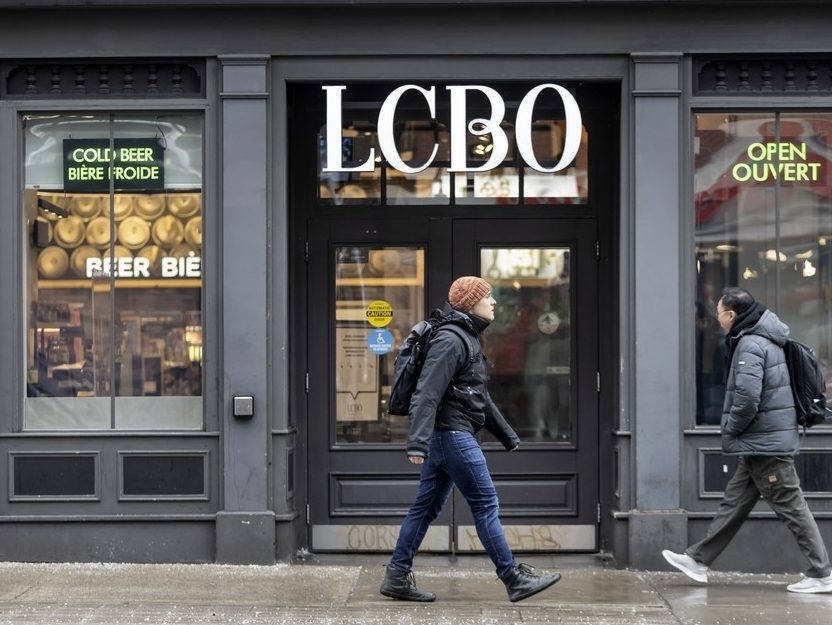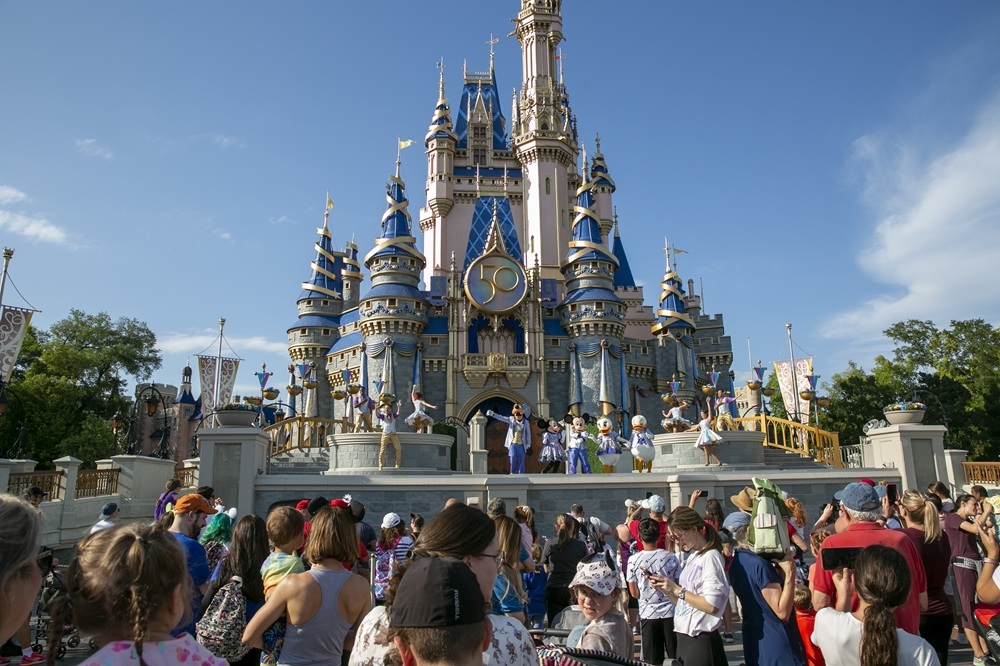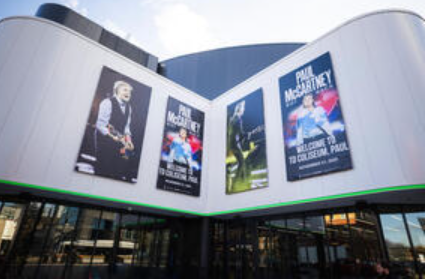A quiet announcement late Tuesday evening revealed a stunning reversal: the LCBO has hit pause on sweeping changes slated for January 1st, pushing them back to April 1st. These weren’t minor tweaks; they were alterations to the very foundation of how alcohol is priced and distributed, with the potential to dramatically increase costs for consumers at bars, restaurants, and retail stores.
The delay comes after a furious backlash from virtually every corner of the alcohol industry – a rare and powerful united front against the LCBO. Retailers, restaurateurs, brewers, distillers, wineries, and importers all voiced their outrage, effectively forcing the agency to reconsider its plans. It’s a remarkable display of industry resistance, born from a shared fear of the consequences.
This situation stems from Premier Doug Ford’s promise in May 2024 to overhaul Ontario’s alcohol sales system, expanding access to beer and wine through convenience stores, big box retailers, and more grocery locations. Ford envisioned a simpler, fairer system, and pledged a comprehensive review of decades-old taxes and fees.

That review, intended to be completed by the end of 2024, remains unfinished. Yet, the LCBO pressed ahead with its own changes to the wholesale pricing model, unveiled on October 20th. The agency claimed it was simply aligning with “industry standard best practices,” aiming to “streamline and simplify” the process.
The industry response was swift and scathing. Critics immediately predicted price hikes – the very opposite of Ford’s stated goal. The LCBO’s response, suggesting price increases would only occur if suppliers chose to raise their profits, was widely dismissed as disingenuous.
The reality is that government fees and taxes already account for nearly half the price of every alcoholic beverage sold in Ontario, despite covering none of the production, marketing, or distribution costs. This latest move was perceived as a blatant attempt by the LCBO to further inflate its revenue at the expense of consumers.
The potential price increases were staggering. While spirits might have seen modest rises, major beer brands on draught faced potential increases exceeding 40%, and craft beer on draught could have jumped by over 70%. Adding insult to injury, the LCBO planned a freeze on orders during the crucial holiday season, disrupting supply for bars, restaurants, and retailers.
Fortunately, a meeting of the Treasury Board at Queen’s Park intervened, halting the LCBO’s plans – at least for now. However, the reprieve is temporary, and the underlying issues remain unresolved. The question now is whether the LCBO can navigate the next three months without repeating these missteps.
The core problem lies with leadership. The agency’s performance under current CEO George Soleas has been consistently declining. Ontario now generates less revenue per capita from alcohol sales than Quebec, Alberta, and British Columbia – all provinces with private sales and lower prices. A change in leadership, both at the executive level and on the board, is urgently needed.
This recent debacle isn’t just about pricing models; it’s about a fundamental disconnect between the LCBO’s priorities and the needs of both the industry and the people of Ontario. The coming months will be a critical test of whether the agency is capable of adapting and fulfilling the promise of a fairer, more competitive alcohol market.





